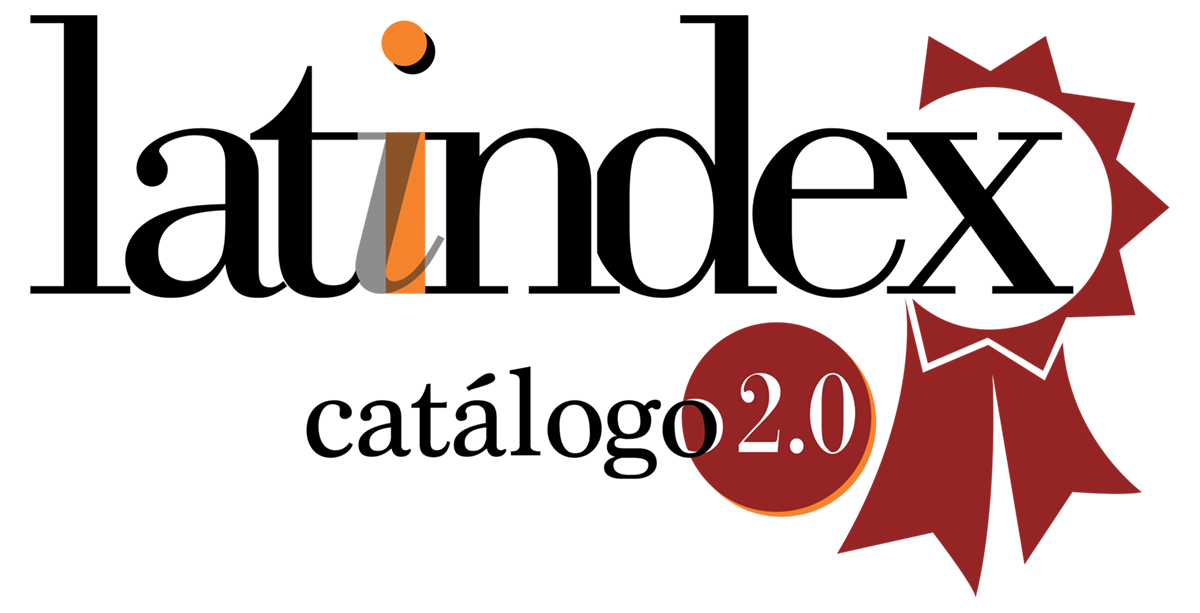El derecho a tener derechos. Extensión, organizaciones sociales y derechos humanos
Abstract
" El derecho a tener derechos”, es una experiencia de extensión universitaria de formación en derechos humanos y comunicación popular que se desarrolla desde el año 2006 junto a organizaciones sociales y de DD HH. El trabajo que se presenta es un relato de las actividades, los objetivos y resultados alcanzados, en el marco de una experiencia que pretende vincular la formación de grado, la investigación y la extensión universitaria. Asimismo, intenta relacionar concretamente la universidad con organizaciones de la sociedad civil, apostando a reforzar estos vínculos a través de la comunicación y la educación popular.
En estos seis años de trabajo sostenido, la experiencia es viable a partir del acompañamiento de la Facultad de Periodismo y Comunicación Social, de la participación de docentes, graduados y estudiantes de distintas carreras de la Universidad y del activismo de organizaciones de derechos humanos y sociales comprometidas en la gestión de dicho programa de extensión.
Palabras clave: comunicación- formación- educación popular- extensión
Downloads
Downloads
Published
How to Cite
Issue
Section
License
The acceptance of an original by the journal implies the non-exclusive transfer of the patrimonial rights of the authors in favor of the publisher, who allows the reuse, after its edition (postprint), under a Creative Commons License Attribution-NonCommercial-ShareAlike 4.0 International.
According to these terms, the material can be shared (copy and redistribute in any medium or format) and adapted (remix, transform and create another work from the material), provided that a) the authorship and the original source of their publication (magazine and URL of the work) are cited, b) is not used for commercial purposes and c) the same terms of the license are maintained.
The assignment of non-exclusive rights implies that after postprint in Extensión en red authors may publish their work in any language, media and format; in that case, it is requested that they signal that the material was originally published by this journal.
Assignment also entails the authors’ authorization for the work to be collected by SEDICI, the institutional repository of the Universidad Nacional de La Plata, and for it to be indexed in the databases that the publisher thinks appropriate for enhancing the visibility of the published work and its authors.
In addition, the journal encourages authors to submit their works to other institutional and thematic repositories after their publication in Extensión en red, under the assumption that offering society unrestricted access to scientific and academic production contributes to a greater exchange in global knowledge.








.jpg)

.png)


.png)





















